Family - The bridge between generations and the foundation of development
The family is considered the basic “cell” of society, playing a fundamental role in shaping personality, forming values and contributing to the comprehensive development of people. According to UNESCO, the Early Childhood Care andEducation (ECCE) Program identifies the period from birth to eight years old as an important window for brain development, helping to build the foundation for “happiness, gender equality, social cohesion and lifelong learning”. As the first place where children receive love, value education and life skills, the family has become the “bridge” between tradition and modernity, between individuals and society.
According to UNESCO, a comprehensive preschool program for children not only prepares children with the necessary skills to enter primary school, but also aims to develop their emotions, behavioral skills and build a close relationship between family, school and community. In which, the family plays the role of a warm home, the "first educational center" and also the foundation for emotional health and the beginning of the journey of developing children's skills and thinking. The report Reimagining Our Futures Together (UNESCO, 2021) called for the construction of a "new social contract" for education, in which families, schools and communities will share responsibilities. Thanks to that, families will preserve cultural values and become essential partners in implementing global education, protecting children and developing a learning society.
More specifically, at the UN General Assembly, the representative of Belarus emphasized that families make an important contribution to sustainable development through many roles: supporting the elderly, children with disabilities and vulnerable groups; preserving culture and ensuring that no one is left behind in the digital age. In this context, comprehensive support for families - from preschool care, encouraging reading at home to multi-generational support policies - is considered a "long-term investment" to cultivate personality, stabilize society and promote a learning society. Then, the family will not only "sow the seeds" of personality, but also be the connecting center for all social development processes.
Asian family models as society moves constantly
Today’s Japanese families are often “nuclear families” consisting of father, mother and children, with the characteristics of an aging population and a low birth rate. The reason is believed to be due to economic pressure and too much educational responsibility. Research shows that the high cost of pre-university education in Japan has put parents, especially mothers, under a lot of pressure. To cope with these challenges, Japan has developed a system of profound humanistic values such as the Soka system - a system that considers the family both a place to preserve tradition and an environment to nurture a sense of responsibility, human rights and peace. This is also the approach that UNESCO encourages in the learning society model.
 |
Japanese families today are often “nuclear families”. |
Korean society, deeply influenced by Confucianism, has formed multi-generational families, with the spirit of respecting ancestors and “filial piety” as the “guiding principle” for all social behavior. From this cultural foundation, a unique phenomenon has emerged: the trend of “Manager Moms”. This is the reality when most Korean mothers devote all their energy to closely monitoring their children’s education from kindergarten to university. They care about academic performance, even considering it a way to improve the social status of the whole family and clan. However, this fierce educational pressure has created serious consequences: the birth rate in Korea has dropped to an alarming level. In response, the government has implemented measures such as childcare subsidies, childcare, and flexible working hours to encourage a balance between family and work. At the same time, women's active participation in the workforce, along with legal system reforms (such as the 1991 Family Law) and progressive gender equality concepts are changing traditional family structures.
Also in the Asian region, Singapore has successfully built a model of close links between three pillars: family, school and government in developing a learning society. UNESCO considers Singapore a successful model in the Asian region. This country possesses outstanding educational quality with a higher rate of students participating in the International Education Program (PISA) than OECD and an active environment supporting children's lifelong learning. In this model, Singaporean families play a dual role. They educate their children about the country's national values and multi-ethnic culture. On the other hand, families are also closely linked to the State's social policy system, receiving comprehensive support from finance to learning orientation for all family members.
Challenges and solutions from policy
Developed economies such as Japan, South Korea and Singapore are facing aging populations and low birth rates, stemming from economic pressures, educational burdens and women’s traditional roles in the family. Although more and more women are entering the labor market, the responsibilities of motherhood and childcare still fall mainly on them, leading to gender inequality in the family. In addition, high education costs are also a major pressure that puts many families under pressure, directly affecting the decision to have children and long-term quality of life.
To cope with low birth rates and aging populations, many countries such as South Korea have implemented comprehensive and comprehensive policies. First, financial support and childcare policies have been promoted, including child-rearing subsidies, medical support, and flexible working hours to reduce the financial burden and create more favorable conditions for families with children. At the same time, legal reforms in South Korea have also been promoted, typically the revision of the Family Law since the early 1990s to promote gender equality and encourage shared responsibilities between fathers and mothers in the family. Equally important, a wave of cultural value shifts is also being encouraged to raise awareness of the role of both fathers and mothers in educating children, reduce the pressure of early learning from preschool age, and promote comprehensive development through soft skills and creative thinking.
In today's turbulent society, the family is still a solid foundation, where tradition and globalization seem to be opposites but work towards a common goal: Building a well-rounded person, an equal, cohesive and sustainable society. Family models in Japan, Korea and Singapore show that the family is not only a place to connect individuals with the collective, but also the starting point for all social policies, from education to population. UNESCO encourages placing the family at the center of the strategy for developing a learning society and comprehensive preschool care. This is a valuable lesson that Vietnam can refer to in formulating policies and cultivating family culture in the 21st century.
Source: https://baophapluat.vn/unesco-gia-dinh-la-diem-tua-trong-chuyen-dong-xa-hoi-post553291.html


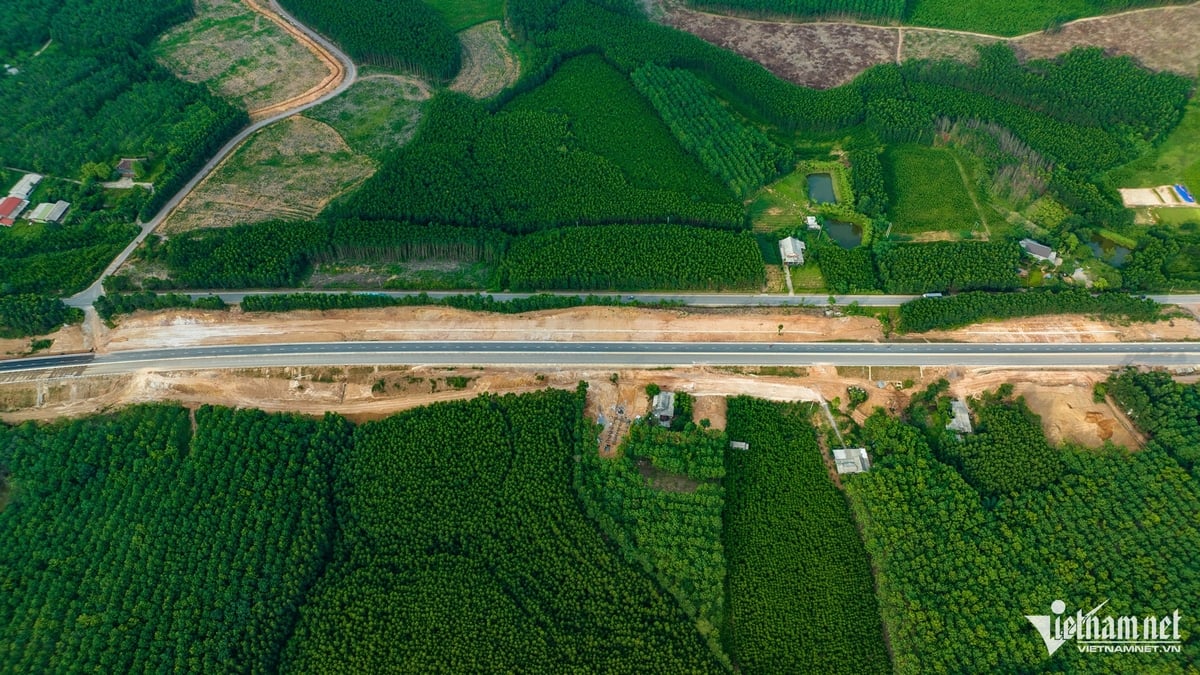





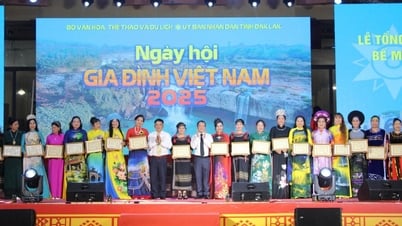

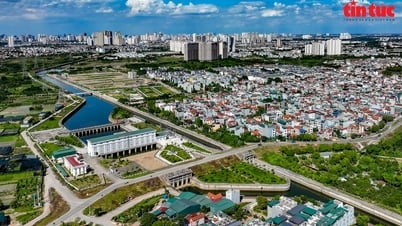

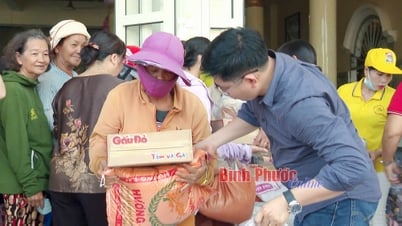
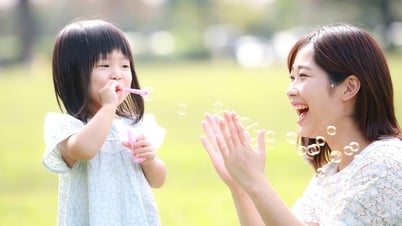
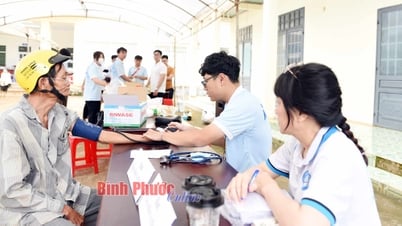
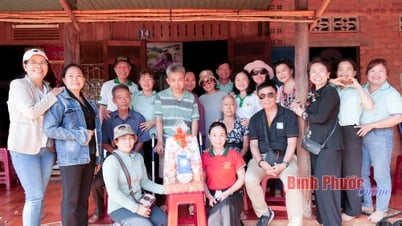


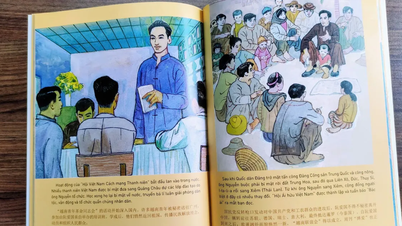



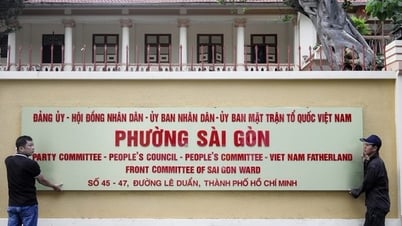






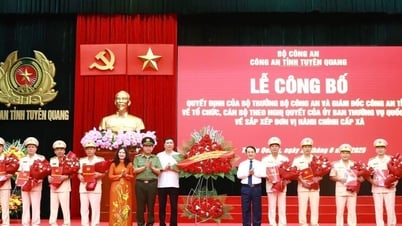
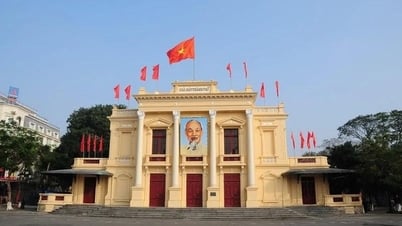
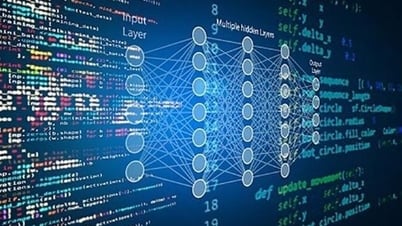
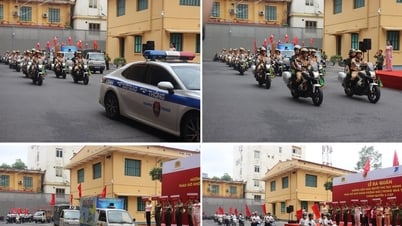



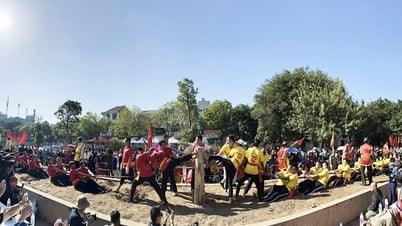

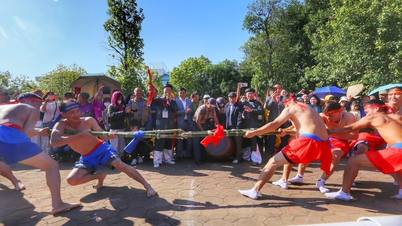

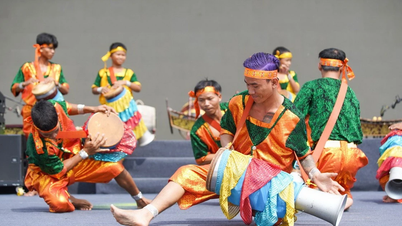
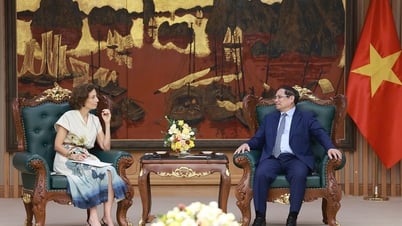

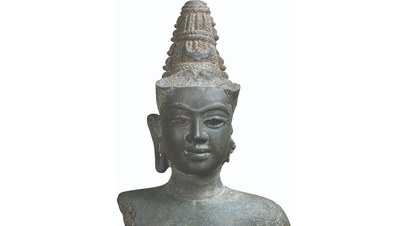
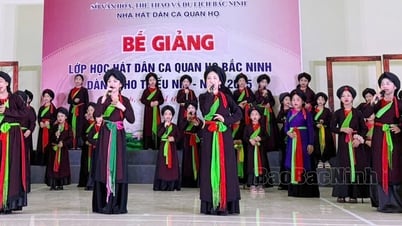

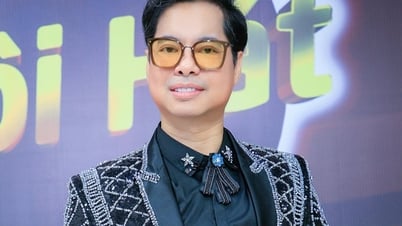

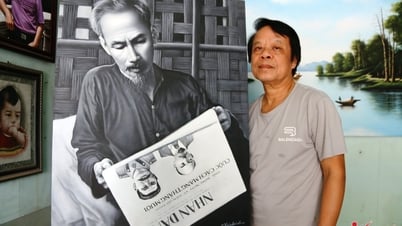

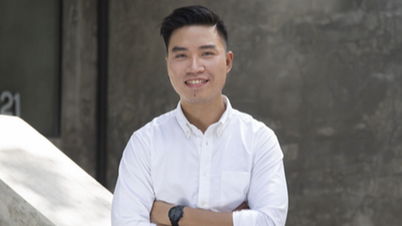


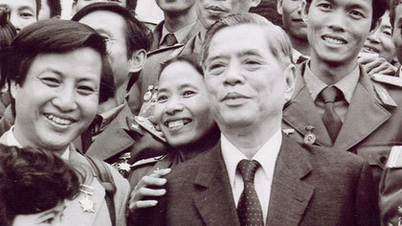
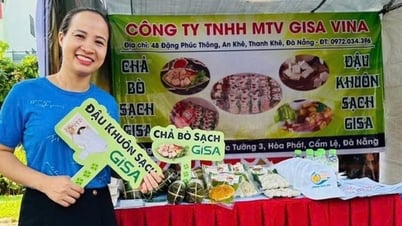




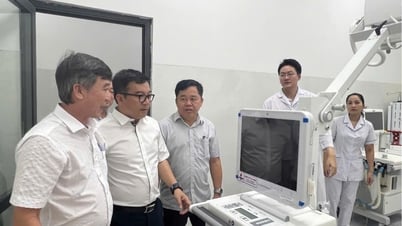
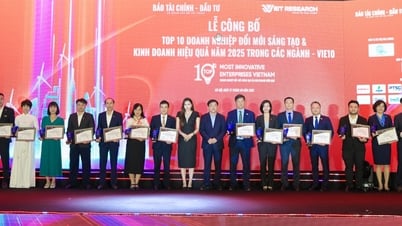
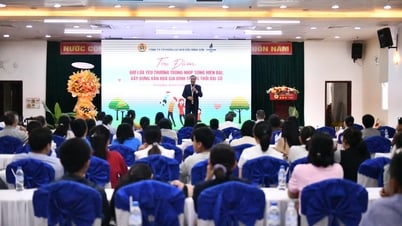

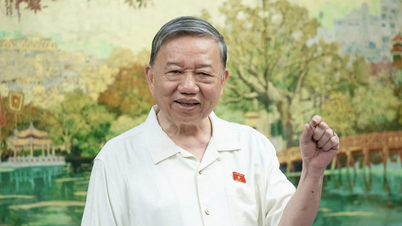


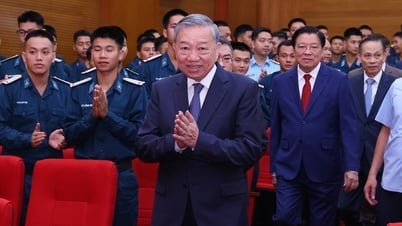
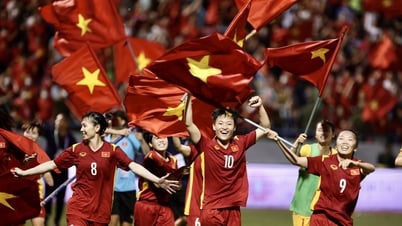
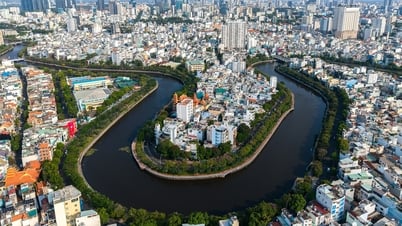
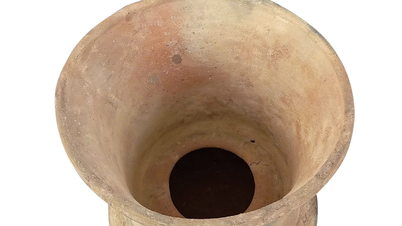

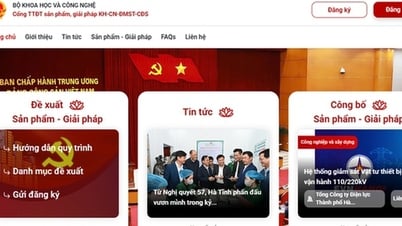

![[Infographic] Circular guiding the functions, tasks and powers of the provincial Department of Culture, Sports and Tourism and the commune-level Department of Culture and Social Affairs](https://vphoto.vietnam.vn/thumb/402x226/vietnam/resource/IMAGE/2025/6/29/877f24989bb946358f33a80e4a4f4ef5)

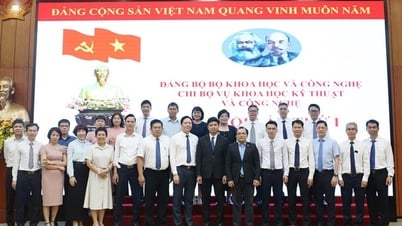
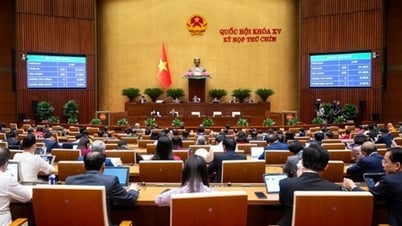
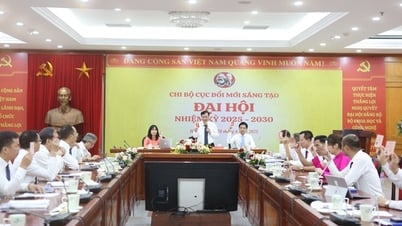
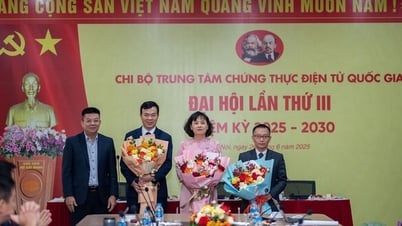
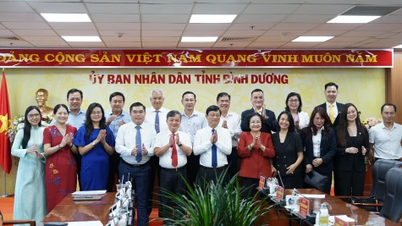



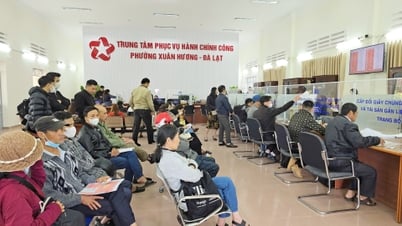
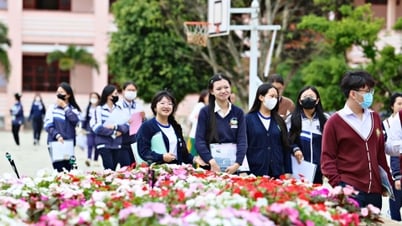
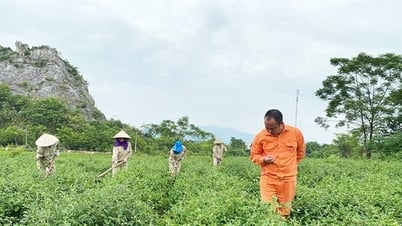













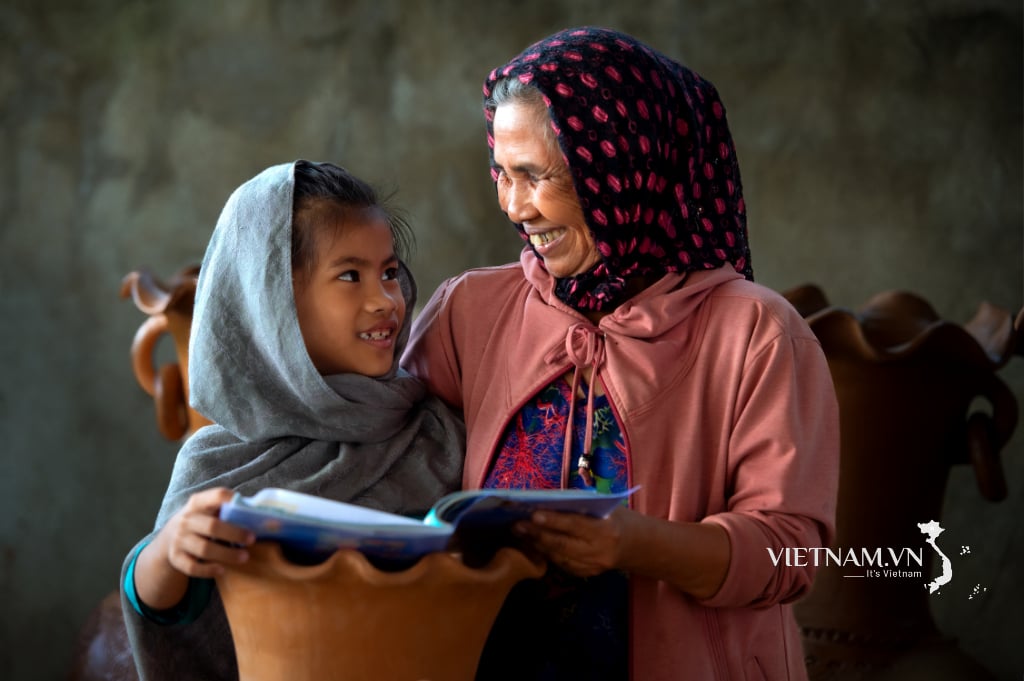
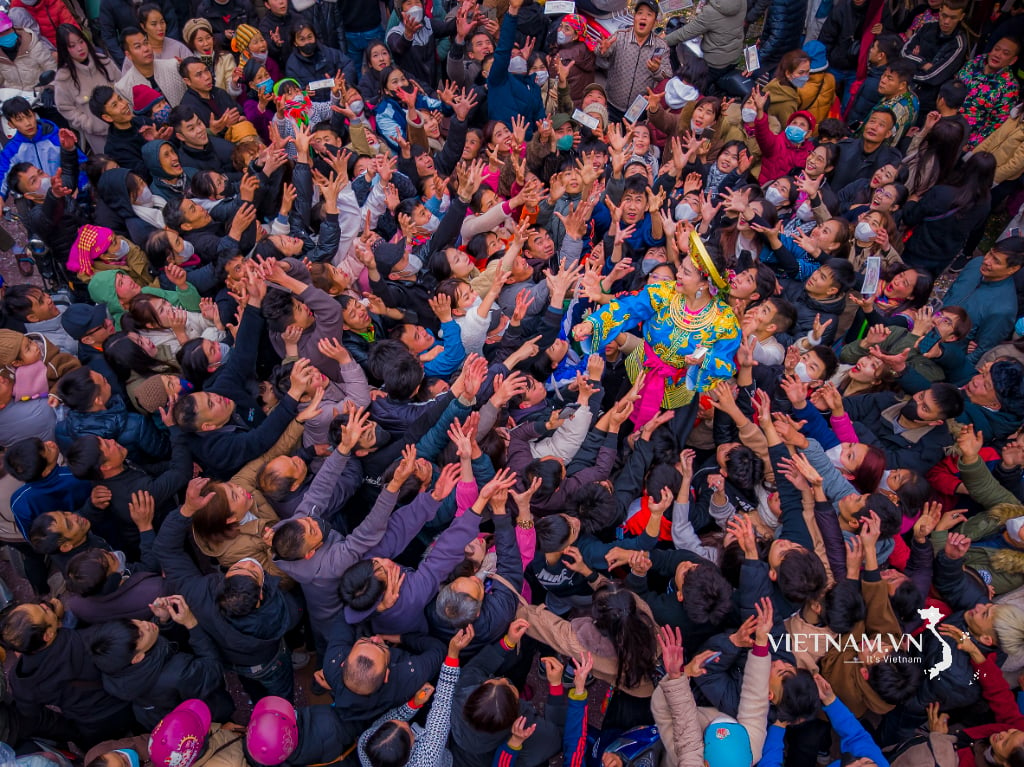
Comment (0)